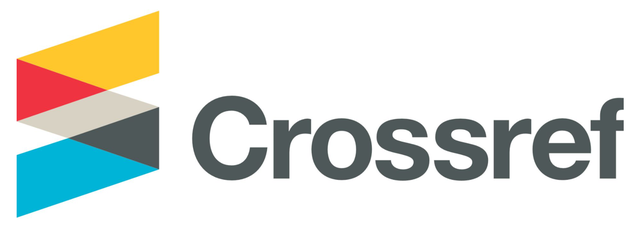

3078-5677






Google Scholar
CrossRef
Index Copenius
OpenAIRE
Zenodo
J-Gate
Fengchun Zhang#
Suzhou Kowloon Hospital, Shanghai Jiaotong University School of Medicine, China
Xiaojiao Cheng#
Baiwen Zhang
Lina He
Renji Hospital, Shanghai Jiaotong University School of Medicine, China
(# Contributed equally)
Jing Hu*
Renji Hospital, Shanghai Jiaotong University School of Medicine, China
(Corresponding author. Email: hujing4648@126.com)
Hui Tao*
Renji Hospital, Shanghai Jiaotong University School of Medicine, China
(Corresponding author. Email: taohui@renji.com)
Yingchun Xu*
Renji Hospital, Shanghai Jiaotong University School of Medicine, China
(Corresponding author. Email: xiaoxu2384@163.com)
Abstract
Objective: To understand current medical students' views on life, their mission and service to patients, and their attitudes towards medical humanities education. Method: A questionnaire was designed on the value judgments of medical students on life, their mission, medical ethics, and the status quo of medical humanities literacy. From January 1, 2018 to December 31, 2018, a research group interviewed undergraduates and postgraduates of the Medical College of Shanghai Jiaotong University and completed the questionnaires. Results: A total of 295 questionnaires were distributed and 295 (100%) were returned. One hundred male and 195 female medical students were surveyed. Among them, 176 (59.7%) had heard of and understood the concept of the humanistic spirit, and 189 (64.1%) understood the oath of medical students. When questioned about the meaning of life, 259 (87.8%) reported they tended to pursue ideals and 36 people (12.2%) preferred to pursue a happy life. A total of 186 (63.1%) thought that medical students should make saving lives and helping the sick or injured their life goals and 283 (95.9%) thought that medical workers should have both ability and morality. Compared with postgraduate students, undergraduate students had a higher level of understanding of the humanistic spirit (OR=2.194). Although 84.7% of the medical students stated that teachers had integrated humanistic ideas in the process of medical teaching, only 47.8% of them were interested in the existing humanism educational opportunities. Meanwhile, medical students who were interested in medical humanities courses were more inclined to understand the medical students’ oath (OR=4.605). Interest in humanities courses was lower in male students than in females (OR=0.602), and lower in urban students than in rural students (OR=0.449). In terms of life values, male students and students from cities were more willing to pursue material well-being and female students and students from rural areas were more willing to pursue a spiritual life. Conclusions: The moral level of medical students and their understanding of medical humanities are generally good, but there are still some problems. The prioritization of medical humanism education remains insufficient, and students are generally not satisfied with current medical humanistic education. Teachers should pay attention to these problems to improve the quality of teaching.
Keywords
Medical students, medical humanities education, questionnaire investigation